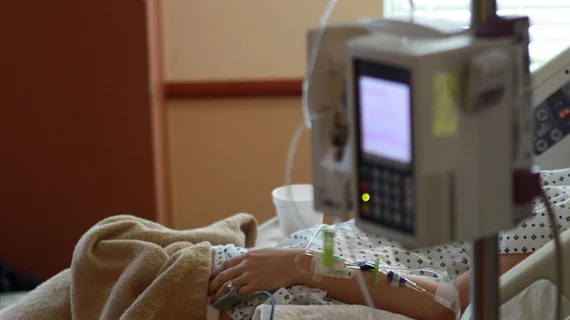ICU nurses may look to AI for relief from alarm fatigue
Not only is AI aiding recovery for some of the sickest hospitalized patients—those in the ICU—but it’s also making work less stressful for the medical professionals who care for them.
NBC News’s online science and innovation section, Mach, posted a consumer-level update on these developments July 27.
One of the best benefits coming from ongoing AI analysis of ICU patients’ vital signs is a reduction in “alarm fatigue,” according to the article.
This phenomenon is common among nurses and other healthcare workers. It often manifests as a tuning-out of all the beeps, buzzes and clicks constantly emanating from myriad bedside monitors. That includes the ones that might be signaling true emergencies.
Mach contributor Sony Salzman points out that alarm-related problems—likely including deliberate if well-intentioned shutoffs—contributed to more than 500 patient deaths from 2005 to 2008.
Today’s AI assistants in the ICU “can ignore false red flags and focus on meaningful patterns that indicate real risk,” Salzman reports. “As a bonus, AI models can hunt for meaningful patterns among massive databases of electronic medical records—absorbing far more data than a human would ever be able to review.”
Read the whole thing:

